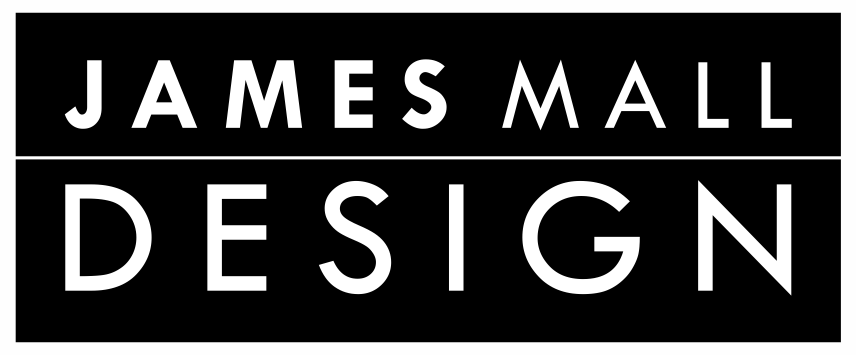The Japanese Philosophy of Continuous Improvement
I was first introduced to the concept of Kaizen by the marketing guru and legend Seth Godin, on his podcast Akimbo. Kaizen was first pioneered by the car manufacturer Toyota in the 1950’s. It was brought to the Western world in 1986 by Masaaki Imai. Today, Kaizen is used throughout the car industry worldwide; it is also utilised across a host of other industries. Toyota has built a reputation on improving every aspect of their production, making it as efficient as possible.

What is Kaizen?
Kaizen is a Japanese word and a philosophy, which in English translates to “change for the better”. The Japanese believe in small continuous change rather than large improvements. This thinking is contradictory to that of the West, where big changes are seen as the only way forward. The focus is on processes and systems rather than targets and goals. It’s all about working smarter not harder; an attempt to make every aspect of the business run as smoothly as possible, by removing any obstacles in the way of the business that hinder its performance.

How I Use and Benefit From The Kaizen Philosophy
I have been a strong believer in the Kaizen philosophy since becoming a freelance graphic designer. It’s a philosophy I have adopted in my design and marketing, which is evident in the construction and appearance of my website. I am constantly making small design changes, many of which are hidden away in the background, small tweaks that speed up the website’s functionality, enabling a better smoother user experience.
I’ve managed to save a lot of time, particularly with web design, going over the list of steps for setting up a new website multiple times; each time, I find a new way to simplify the steps ever so slightly. The more time I can save when it comes to setting up a website, or on administrative tasks, means I have more time to be creative on projects, which results in higher quality work and happy clients, who are pleased to give testimonials and referrals.
Improving my systems and process of work has enabled me to take more time out, to think about how I can improve. I have more time to learn and study new design, marketing and business skills which are vital to my growth as a freelancer.
Another key area where I have made
I continuously spend time on my brand and business, constantly developing and improving on what I have done. I encourage my clients to do the same, improving every aspect little by little. What can we improve on now, or do better next time? For example, what changes in SEO can we make, to increase traffic to their website by 5% or 10%?

How Can You Use Kaizen in Your Business?
Kaizen is something that every business, and individual, should adopt in their business or lifestyle; continually making small improvements in one’s business, looking at how something can be done better, a focus on the positive rather than the negative.
It’s those small, yet seemingly insignificant changes, at the time, that could make the difference between retaining or attracting a new client.
Something as small as the colour of your website buttons, or the words used in your call to action, or maybe even your logo design, could be putting off potential clients. A few small tweaks in words, colours or fonts could make all the difference.
Big brands like Google, Apple and Amazon are constantly making small changes, to improve the overall efficiency of their business: something as small as making parcels easy to open, can increase sales.
If Kaizen teaches us anything, it is this: there is always room for improvement. Not every part of your business will be perfect, and mistakes will always need to be ironed out, even if it is only one wrinkle at a time.
Kaizen is a way of thinking, a philosophy, that takes time to adopt into your business, but once you do, you’ll be forever looking for continuous small improvements that can be implemented.
Kaizen is more than just about improving your sales, it’s about improving your business, and the way you do what you do, only better.
How will you be using the Kaizen philosophy in your business?
Links and References:
Seth Godin Podcast: http://hear.sethpodcast.com/


